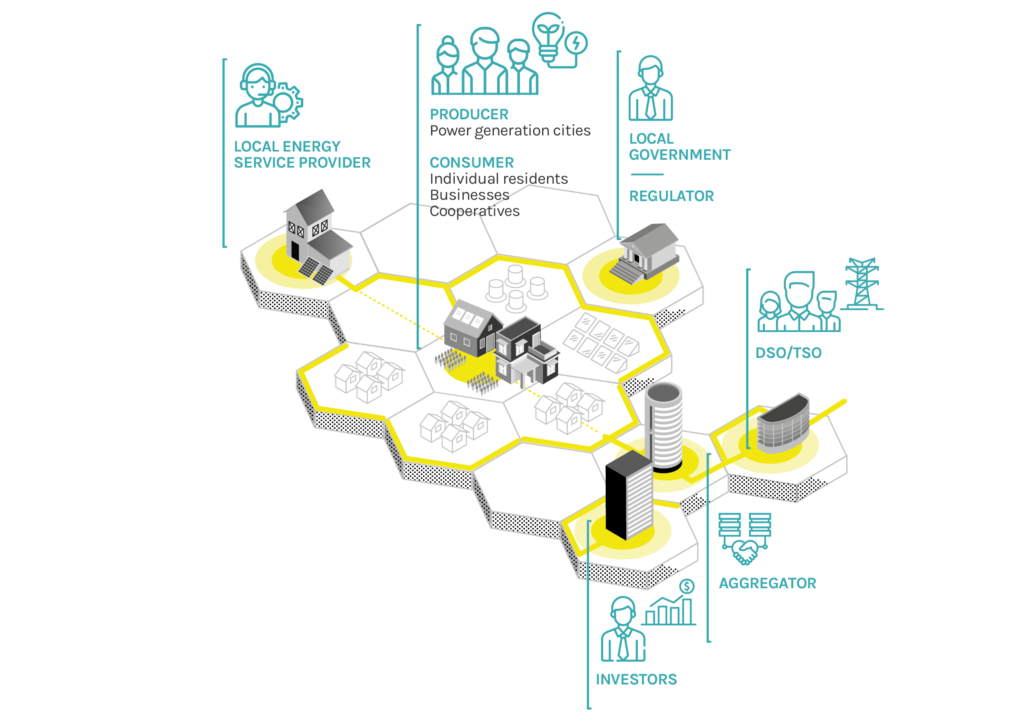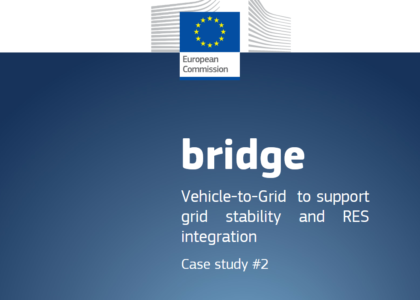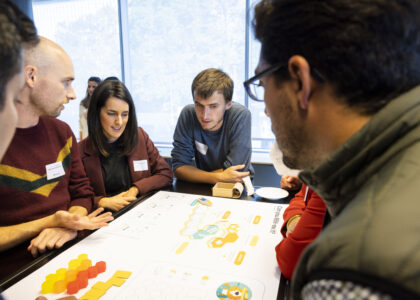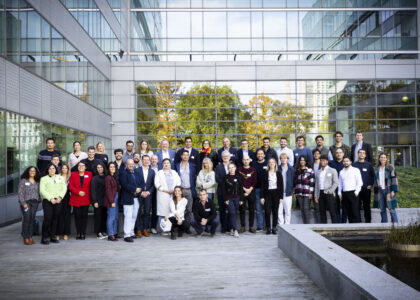by Abdón Vivas – Research and Innovation engineer – Atos R&I
The RENAISSANCE Information Platform is one of the cornerstones of RENAISSANCE’s highly replicable approach. It delivers a secure and reliable data management layer that ensures ICT interoperability among the diverse assets and services available in a Local Energy Community (LEC).
The platform achieves interoperability by an orchestration process in which the incoming data are harmonized to guarantee compliance with international standards for protocols and data models. Accordingly, the resulting setup could potentially be replicated in different scenarios with similar, but not necessarily identical elements.
More specifically, the RENAISSANCE platform is a cloud platform that offers a set of functionalities to support the project’s objective of promoting the energy transition.
These functionalities use leading edge technologies such as machine learning and blockchain to effectively ensure grid stability, while also incentivising stakeholders to actively take part in the LEC (social activation).

Grid stability is accomplished by making accurate predictions of the LEC behaviour in terms of flexibility, consumption, generation and energy prices. By using this information along with a characterisation of the grid, the platform is able to update the parameters that rule the energy trading between peers.
On the other hand, social activation is obtained through the use of smart contracts, which allow automating energy transactions considering the grid stability parameters, real‑time demands and the individual preferences of end‑users. Additionally, the system will incentivise the use of local, renewable energy sources and give rewards to those presenting a responsible consumption behaviour.
Furthermore, the RENAISSANCE platform is conceived to maximise its own replicability potential through modularity and automation. That is to say that the different features offered by design can be activated, customised and combined in different ways in order to meet the requirements of a new execution environment, minimising deployment efforts. This approach will be ultimately tested and validated thanks to the variety of pilot sites available at RENAISSANCE.
In conclusion, by combining the MAMCA analysis and the RENAISSANCE Information Platform, RENAISSANCE reiterates its stance to address replicability from different perspectives: social, business and technical.
Follow us:



